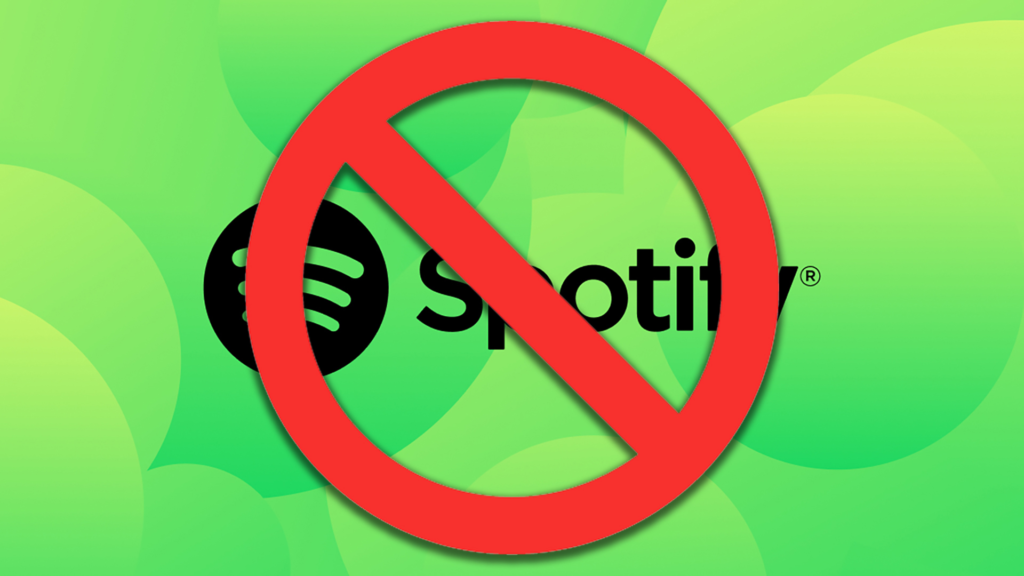
Welcome to Outagepalooza 2025—a massive, worldwide internet disruption that left millions scratching their heads.
Let’s break it down: what caused it, who was hit the hardest, and what it means for you.
What Went Down: The Quick TL;DR
- Spotify: Yep, Spotify is down (again). Downdetector lit up like a Christmas tree.
- Google Cloud Platform (GCP): A major hiccup took down Google services including Google Meet.
- Cloudflare: One of the internet’s backbone services stumbled, leading to a domino effect.
- Twitch, Discord, AWS: Collateral damage.
Searches spiked for terms like:
- “Is Spotify down?”
- “Google cloud outage”
- “Is AWS down?”
- “Spotify down detector”
It wasn’t just you. This was global.
Root Cause: Was It Google, Cloudflare, or Something Bigger?
This wasn’t your average lag spike. According to Reuters, a critical misconfiguration on Google Cloud triggered wide-reaching failures. This disrupted services that rely heavily on GCP (Google Cloud Platform)—from app backends to full-on SaaS giants.
Meanwhile, Cloudflare, which routes and secures massive amounts of internet traffic, also experienced outages. That meant websites failed to load—even those not hosted on Google Cloud.
The issue? It appears to be a mix of infrastructure overload, cascading DNS issues, and possible routing errors.
Cloud-based systems are powerful—but when one falls, others can crumble like digital dominoes.
How This Affected You (Yes, You!)
Whether you were on Spotify, mid-Zoom (err, Google Meet), or about to rage-quit Discord—it felt like the early 2000s dial-up days.
Some reports even suggested AWS (Amazon Web Services) saw minor hiccups, leading to people searching “is AWS down?” and “aws outage.”
And let’s not forget the growing worry: Is the internet down?!
Who Tracks These Outages Anyway?
Enter DownDetector, the real-time hero of digital doomsday. It’s the go-to for spotting service disruptions—before the official status pages catch up.
For reference:
What You Can Do During an Outage (Besides Panic)
- Stay informed: Use DownDetector or check official status pages.
- Switch platforms: Can’t use Google Meet? Try Zoom or Microsoft Teams.
- Offline mode: Many apps (like Spotify Premium) work offline. Prep for that.
- Clear your cache: Sometimes, the problem is on your end (sorry).
Why This Matters: The Fragility of the Internet
The internet is vast, but it runs on a surprisingly small set of infrastructure providers. If Google Cloud, Cloudflare, or AWS goes down—large chunks of the web follow.
This recent outage exposed the reality: many of our favorite apps rely on shared backend systems. One server blip, and your productivity (or music vibe) crashes.
Hot Take: Maybe diversify your tech stack, folks? Especially if you’re running mission-critical SaaS.
Bonus: Outage-Proofing Your Business (Yes, Even Small Ones)
If you run a business or manage a website (hi, fellow Digehub reader 👋), here’s how to stay resilient:
- Use multi-cloud architecture where possible.
- Add uptime monitoring (like UptimeRobot or BetterStack).
- Maintain a status page for transparency.
- Build offline-first features where it makes sense.
Need help making your website more resilient? We’ve got your back at Digehub.
Or check out PreviewKart’s tech insights for more breakdowns.
FAQs
Q: Is Spotify down today?
A: As of the last update, Spotify had experienced outages but most issues were resolved. Check Spotify’s status for real-time info.
Q: What caused the global outage?
A: A Google Cloud configuration issue combined with Cloudflare disruptions appears to be the primary cause.
Q: Is Google Cloud still down?
A: GCP services are mostly restored. You can monitor updates on their status page.
Q: How often do internet outages like this happen?
A: Not often—but when they do, it’s usually due to issues with major providers like GCP, AWS, or Cloudflare.
Q: Where can I check outage status in the future?
A: Use Downdetector or visit provider status pages.
